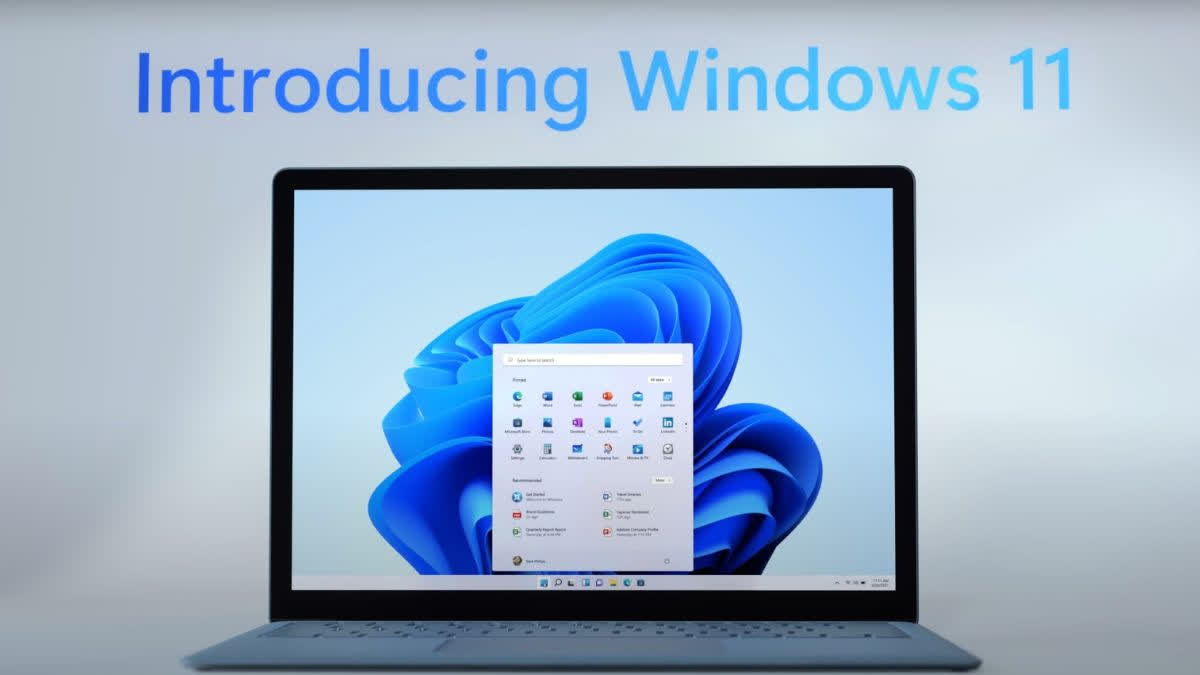Hyderabad: Microsoft has announced the end of support for its 10-year-old OS (Operating System) Windows 10 on October 14, 2025. This means the company will stop pushing free security updates for users of the old OS, putting them at risk of newly found vulnerabilities and leading to significant breaches and malware distribution.
The termination of support for Windows 10 means a security threat for both people and businesses who would continue to use the discontinued system. According to Thorsten Urbanski, an IT security expert from ESET, the situation is extremely urgent to avoid a security fiasco in 2025. He strongly advised all users to switch to Windows 11 immediately or choose an alternative operating system if their device cannot be updated to the latest Windows operating system.
Users are still using Windows 10
He warned that waiting until October would expose users to considerable security risks and make them vulnerable to dangerous cyber attacks and data loss. In Germany, around 65 per cent of computers (approximately 32 million) run Windows 10, while Windows 11 is used by 33 per cent of devices (around 16.5 million), he claimed to highlight the associated danger. StatCounter corroborates this data, showing that as of December 2024, nearly 63 per cent of Windows users globally are on Windows 10, whereas about 34 per cent have adopted Windows 11.
Urbanski elaborates that the present situation is more perilous. Back in early 2020, when support for Windows 7 ended, a mere 20 per cent of users were still on that OS, with over 70 per cent having already transitioned to Windows 10 ahead of the official end-of-support date in late 2019. Meanwhile, the percentage of people using the newer OS today is extremely low. Cybercriminals know about this and will do their deed when Microsoft ends the support for Windows 10, ESET warned.
What should you do?
ESET highlighted the high costs of Microsoft's paid extended support for Windows 10 through its Extended Security Updates (ESU) program, noting that the price doubles each year. While ESET recommends upgrading to Windows 11 for better security, they also suggest that users on older, unsupported hardware consider switching to a Linux distribution as a viable alternative, especially given the security risks associated with outdated Windows versions like Windows 7 or XP.
Security tips for protection against cyber attacks
As per experts at ESET, here are a few tips to protect Windows devices from cyber attacks:
- Update your Windows: Use the latest version of Windows, the switch will be difficult at first but it's always better as older Windows pose a higher cyber threat, which must be replaced urgently. ESET suggests switching to Windows 11 as soon as possible. Moreover, a Linux distribution is also a good option for OS upgrades, especially for older hardware.
- Stay Updated: Ensure that your operating system, device firmware, and all installed programs are always current and updated. Whenever possible, activate the automatic update feature and always check for any available updates.
- Use Security Software: It is very important to have modern internet security software installed. This software should scan emails, websites, and removable media like USB sticks, as well as RAM and network interfaces for any malware. An exploit blocker is key to safeguarding against security vulnerabilities that have yet to be patched. Opt for solutions that include a cloud-based protection layer to defend against unknown threats.
- Minimise admin rights: Limiting access to data will help it to be safe from cyber-attacks.
- Regular backups: Companies and individuals must back up their data regularly to an external storage device or upload it into a secure cloud storage, in order to keep data safe and ready for data recovery in case it's lost.



